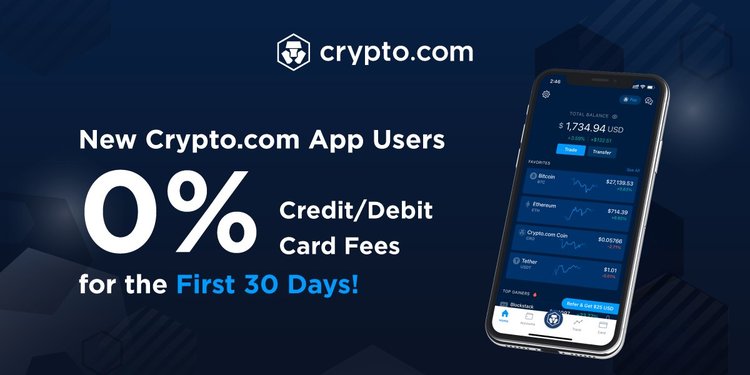As crypto continues to explode into the mainstream, one thing is certain: regulation is inescapable.
Be it the European Union or the US Securities and Exchange Commission, authorities want to crack down on cryptocurrencies.
It’s getting tricky, though. 56% of virtual asset service providers still lack strong know your customer (KYC) practices, according to a 2020 report by blockchain analysis firm, CipherTrace.
And decentralized finance (DeFi) — apps that want to revolutionize borrowing, lending and other things banks do — has exploded with popularity. Exchanges dealing with DeFi tokens (known as decentralized exchanges, DEXs) require very little user verification.
It’s simply too difficult for authorities to keep up right now.
Some Want to Comply, Though
But a number of exchanges are keen to push for KYC. Hong Kong-registered crypto company Crypto.com announced today 0% fees for customers who buy cryptocurrencies for 30 days after they pass KYC verification.
The service will allow users to buy over 80 cryptocurrencies at market price — including Bitcoin, Bitcoin Cash, Ethereum and the app’s native, Crypto.com coin.
When 30 days is up, customers will have to go back to whatever fees their cards charge.
Why?
Know your customer — or KYC — is a way for financial institutions to verify their users. A KYC check involves identifying the identity of the client when opening an account and periodically over time.
It has become bigger in crypto recently as regulation becomes the norm. The idea is that money laundering, terrorism financing, and other illegal corruption schemes are stopped.
KYC has become a must for major exchanges like Binance and Coinbase.
Now Crypto.com is pushing for it, too. The company is racing to spread cryptocurrency adoption worldwide: just last month, it announced that it had surpassed five million worldwide users — three months after it reached the three million mark. The platform says it wants to reach 100 million users within five years.
In the past two months alone, it has released seven updated versions of its app in Spanish, French, Korean, Italian, Portuguese, Traditional and Simplified Chinese.
In order to keep regulators happy in the 50+ countries where they have a presence, knowing their customers is a must.


